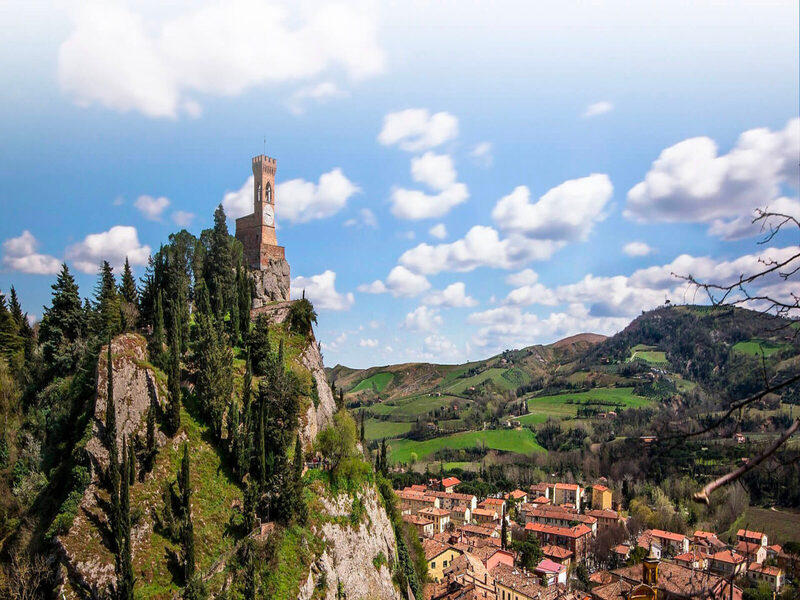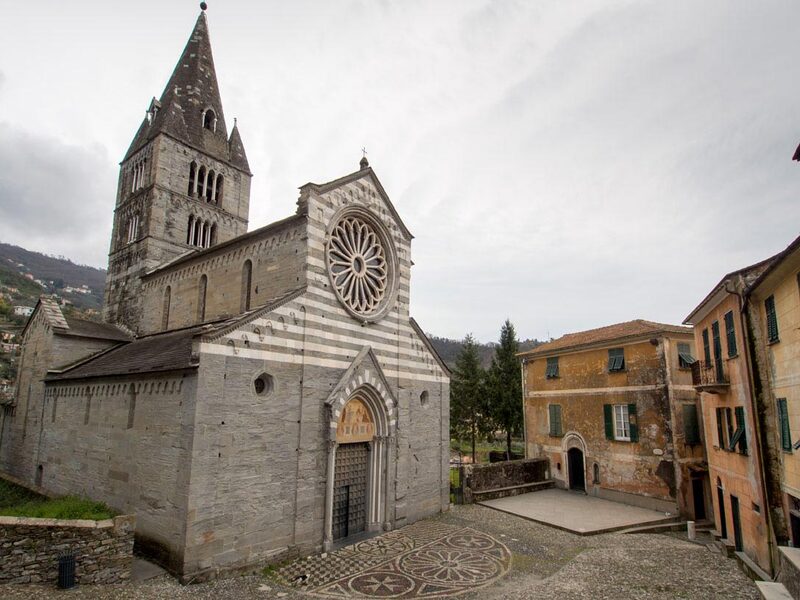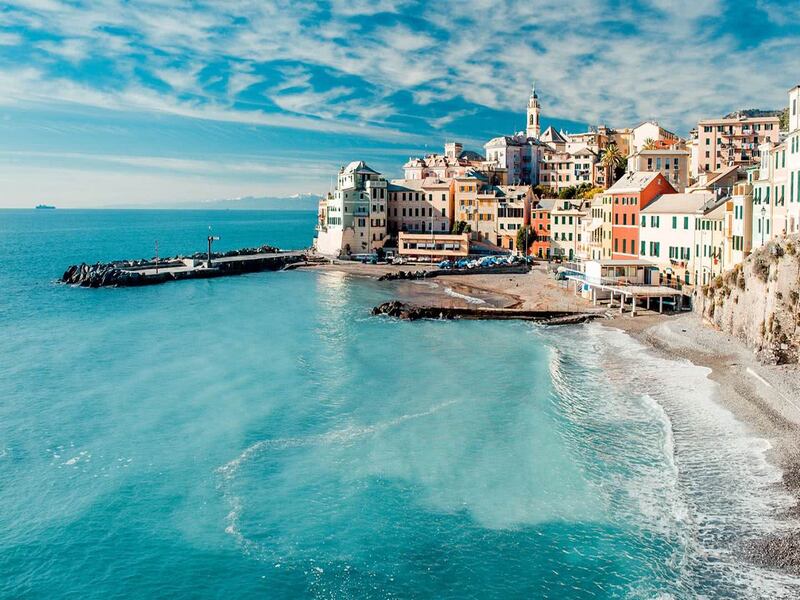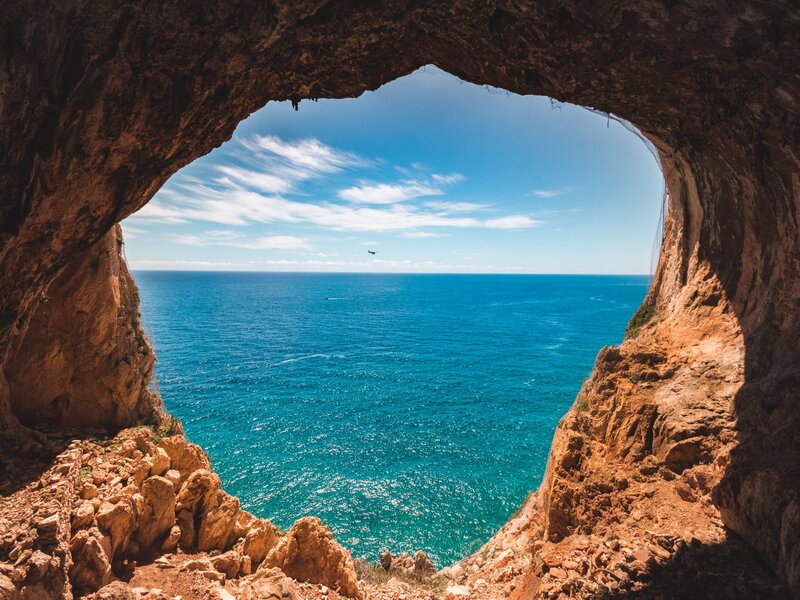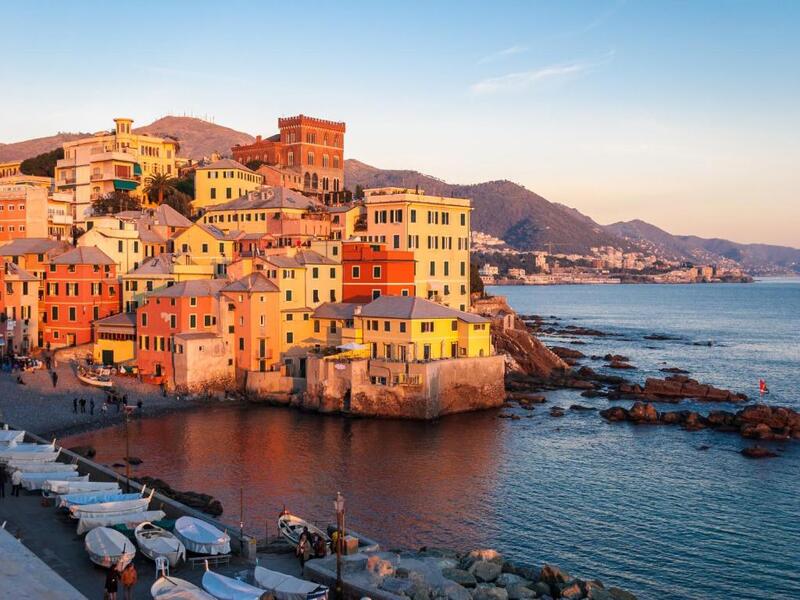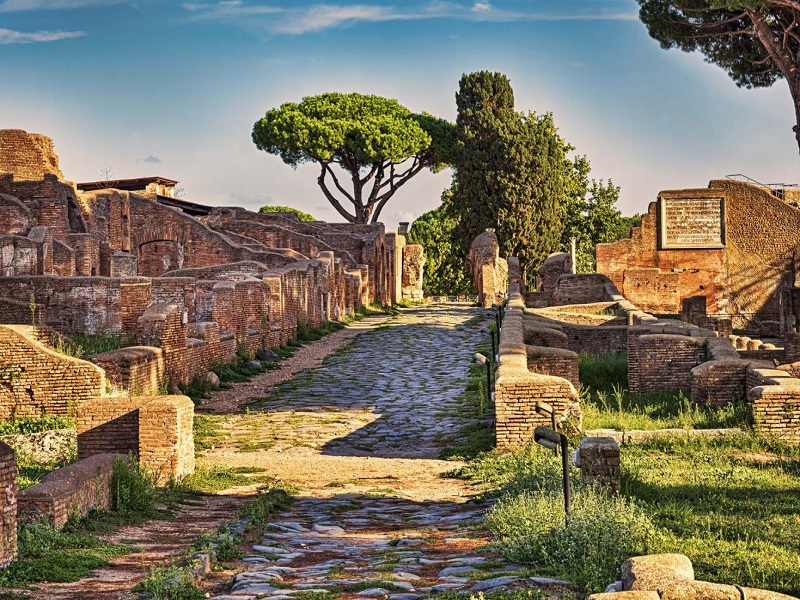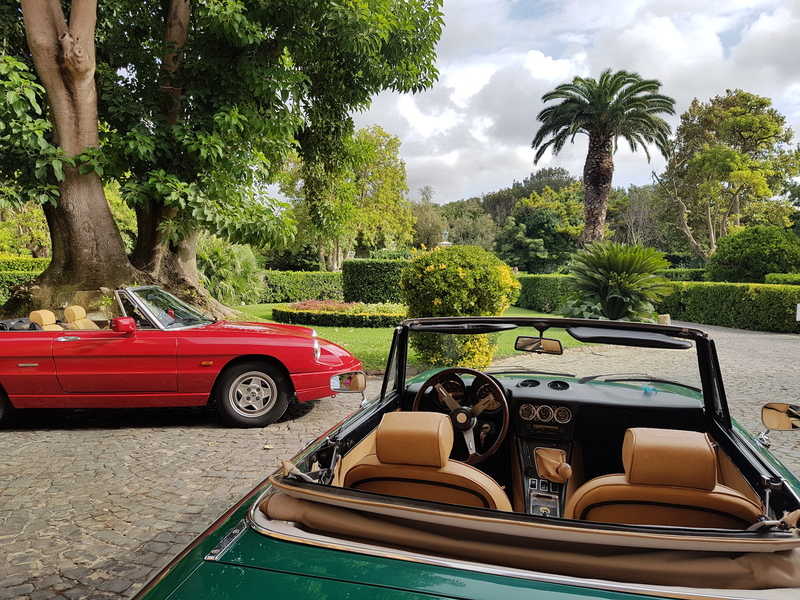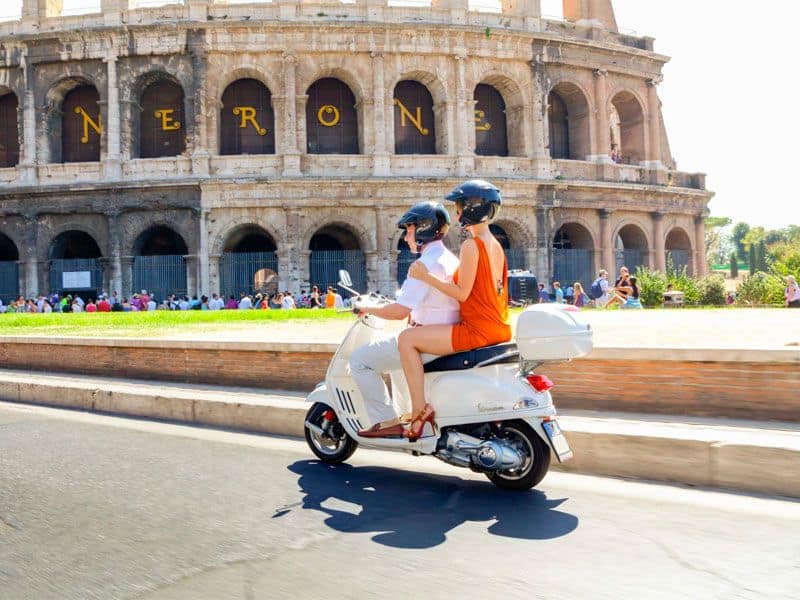- Group Tours
- Culture
- Summer
Overview
Itinerary
Day 1: Sanremo
On day 1, you will arrive at Sanremo in the afternoon, and get accommodation.
There will be a guided tour of the Riviera dei Fiori’s capital, Sanremo, with its ancient part, called “Pigna,” and its typical medieval look with perched houses, small squares, and steep streets. You will also witness the modern Sanremo with its elegant buildings and parks that extend towards the sea. After the day’s activity you will return to the hotel, and will be served dinner with an overnight stay.
Day 2: Triora and Albenga, on the tracks of Dante
The morning begins with breakfast at the hotel, followed by a tour guide who will take you to Dante’s places in Triora and Albenga. The itinerary begins with a visit to Triora, a sacred village known for its witchcraft practices, where we can find the Church of San Bernardino, a beautiful 15th-century place of worship with inside frescoes of the Last Judgement clearly inspired by Dante.
The Paradise at the top is a divine heavenly Jerusalem, while further down the Limbo has the children who died before baptism and then a terrible Hell divided into seven parts, representing the seven deadly sins. The frescoes are presumed to be the work of an unidentified Tuscan painter.
In addition to this small church, where the strongest references to Dante can be found, we can still claim that the entire village of Triora, with its secluded areas, could be found in a circle of Purgatory. The large parish church and the ethnographic museum with a section dedicated to witches can then be found in the historic centre. There will be free lunch, and in the afternoon we will visit the Church of San Giorgio in Campochiesa, near Albenga, which is one of Liguria’s hidden treasures. Inside, we will see a fresco of the Last Judgement from 1446, where Dante and his guide, the poet Virgil, are depicted in the portrayal of the hellish bolgia, just in front of the renowned Count Ugolino Della Gherardesca, who gnaws on the skull of Bishop Ruggeri degli Ubaldini. This, combined with the work’s publication date, just over a century after Dante’s death, makes it a completely unique case. Then we go to Albenga to see the archaeological area and the Via Julia Augusta, which leads to Mount Bignone (over 500 meters). The guided tour demonstrates the ruins of a Roman necropolis, which give the illusion of ghostly stillness in a striking contrast to the mesmerizing island of Gallinara, in the background, jewel set in the sea. Then we proceed to the Sanctuary of the Madonna Della Guardia, an ancient Marian shrine that was built in the seventeenth century, which is still a pilgrimage site today.
We will return back to the hotel in the evening and there shall be dinner with an overnight stay.
Day 3: Noli and Genoa
Breakfast at the hotel with luggage storage and then we go to the once-thriving maritime republic of Noli. Dante most likely arrived in 1306, as an exile on his way to France. Dante quotes Noli in the fourth canto of Purgatory, vv.25-27: “Vassi in Sanleo e discendesi in Noli/montasi su Bismantova e ‘n Cacume/con esso I piè; ma qui convien ch’om voli.” The reference is to a terribly challenging descent, such as the steep slopes of Capo Noli coming from the west, as opposed to the ascent to the Sanleo Fortress, the Stone of Bismantova, or the top of Caccume.
There will be a guided tour of one of the maritime republics, which enjoyed great wealth in the 12th century due to continuous trade by sea with other countries. Noli is a lovely town that rises from the sea. Indeed, from here, you can laud the fishing boats on the coast as well as enjoy the Ligurian Riviera’s clean beach and clear sea along with free lunch.
We will Transfer to Genoa in the afternoon. Dante’s well-known antipathy toward the Genoese is expressed in the XXXIII canto of the Comedy with the verses: “Ahi Genovesi, uomini diversi/D’ogni costume e pien d’ogni magagna/Perché non siete voi del mondo spersi?” There has been a lot of speculation.
It is most likely the result of a dispute that arose in Genoa during his stay in Dante’s Superba between 1311 and 1312. After an animated discussion with Branca Doria, the poet would be attacked by some of the Doria’s servants. When Dante arrives in the 9th and final circle of Hell, which houses the guests’ traitors, he meets Branca Doria, a member of an illustrious Genoese family who had his father-in-law murdered and invites him to a banquet. Branca Doria was still alive when Dante wrote about him, but his sin had been so intense that his soul was already rotting in hell. The guided tour of the city’s historic centre will concentrate on Dante’s traces.
Dinner will be served in the evening, followed by an overnight stay.
Day 4: Sestri Levante, Chiavari and the Fiumana Bella
The day begins with breakfast at the hotel, which also serves as a storage facility for your luggage. You will then be received by the guide and we shall proceed to Val Fontanabuona. The Valley is addressed in the Comedy in the XIX Canto of Purgatory by Pope Hadrian V: “Intra Siestri e Chiaveri s’adima una fiumana bella, e del suo nome lo titol del mio sangue fa sua cima.” The wrecks of the ancient village of “Siestri” are situated in Neirone, which is the starting point for the entire valley.
There are no traces of Dante’s presence in those places, but he most likely passed through on his way to Milan in 1311, following a mission in Lunigiana on behalf of the Malaspina. Since 1981, a bridge along the main road of Val Fontanabuona, in San Colombano Certenoli, in the hamlet of Scaruglia, has commemorated the Supreme Poet: the Ponte Dante Alighieri. We then transfer to Chiavari and free lunch will be provided.
Dante ascends the mountain of Purgatory, where he meets souls who are atoning for their sins and awaiting their ascension to Heaven. Among these illustrious souls, along with Manfredi of Sicily and Oderisi of Gubbio (to name a few), is Pope Hadrian V, who is trapped in a frame of misery. In 1276, Pope Adrian V, born Ottobono Fieschi, became the 186th Pope of the Catholic Church. Ottobono Fieschi was born into the wealthy and illustrious Genoese family of the Fieschi, counts of Lavagna: he was the son of Teodoro Fieschi and Simona Camilla, and the brother of Nicol, Beatrice, and Opizzo.
According to the most widely accepted interpretation, the title Chiaveri refers to today’s Chiavari, which is located where the river Entella (Fiumana Bella) flows. There will be a guided tour of Chiavari’s beautiful old town. After an exciting day, we return to the hotel in Sestri Levante for dinner and an overnight stay.
Day 5: Sarzana and Val di Magra
The day begins with breakfast at the hotel, which also serves as a luggage storage facility. We then proceed to Sarzana. On one of his many pilgrimages, Dante Alighieri arrived in Sarzana on October 6, 1306 to sign a peace treaty between the Malaspina and the Bishop Count of Luni, who were both protected by the powerful Fieschi family. Dante was appointed procurator of the Malaspina with a formal act in Piazza Della Calcandola, now Piazza Matteotti, in front of the notary Giovanni di Parente di Stupio and in the presence of the Marquis Franceschino di Mulazzo, signing peace for the long-standing dispute between the Malaspina of Spino Fiorito and the Bishop Conte di Luni. There will be a guided tour of the village and free lunch shall be provided. Following the appointment to Sarzana on behalf of the Malaspina, the notary and Dante proceeded to Castelnuovo Magra to sign the peace treaty in the presence of the Bishop Count of Luni, who was stationed there.
The Val di Magra is mentioned in the Hell, canto XXIV, verses 144-147: “Tragge Marte vapor di Val Di Magra/ ch’è di torbidi nuvoli involuto/e con tempesta impetuosa e agra.” and in Purgatory, canto VIII canto, verses 115-117, when Corrado Malaspina’s soul asks him about the Val di Magra and the surrounding territories: “Cominci ella/di Val di Magra o di parte vicina/sai, dillo a me, che già grande là era…”. There will be a tour of the testimonies on the territory led by a guide, followed by departure.
Places You’ll See
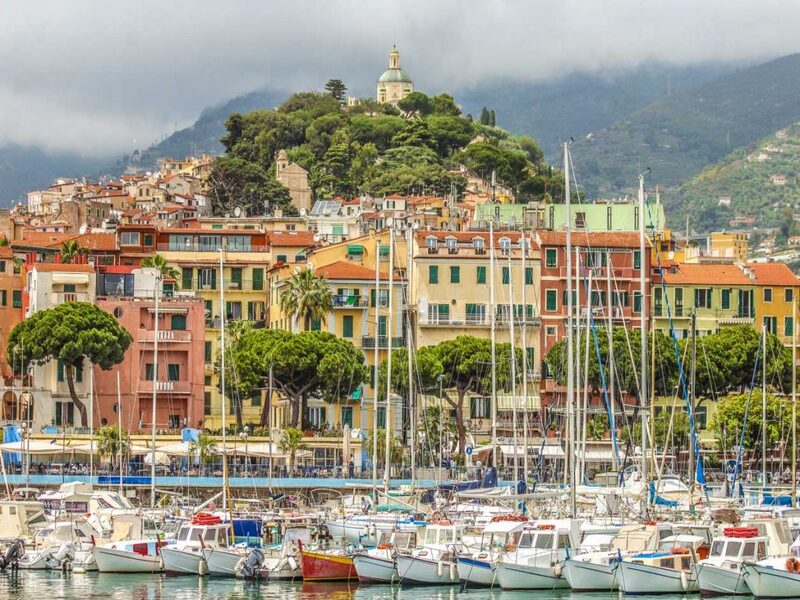
Sanremo
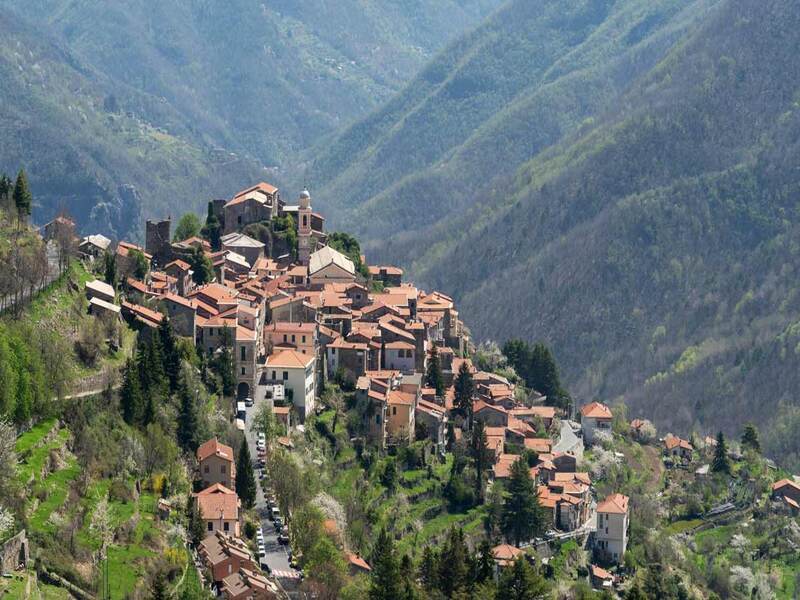
Trioria
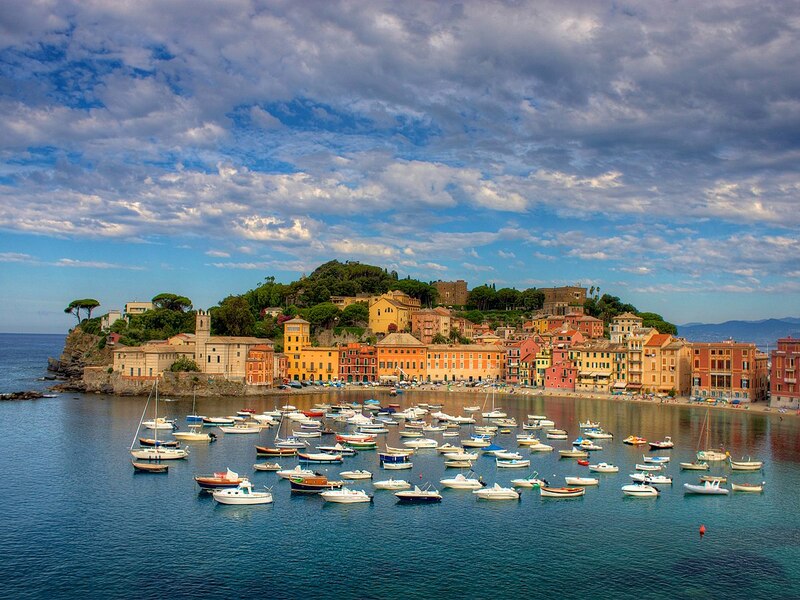
Sestri Lavante
Customer Cancellation
Day Tour and Small Group Tours:
If you cancel 3 days or more before the tour, you will receive a full refund minus the administrative expenses.
Administrative expenses are subject to change based on the total amount and number of tours booked. Please contact our team at [email protected] with any questions.
VIP Tours, Transfer Tours & Group Tours:
If you cancel more than 8 days before the tour, you will receive a full refund minus administrative fees.
From 7 to 4 days, you’ll get a 50% refund.
If you cancel within three days and do not show up, you will not be refunded.
Administrative expenses are subject to change based on the total amount and number of tours booked. Please contact our team at [email protected] for any questions.
Force majeure
In the event of a cancellation due to force majeure, please notify [email protected] by email. We might issue you a voucher for the entire sum paid or depending on the agreement.
Suite Travel Cancellation
We will only cancel excursions in the event of unforeseen events beyond our control that may risk your safety. If your tour is cancelled, we will offer you alternate options such as a different day, a different trip, or a complete refund if none of the options is suitable for you.
Additional Information
Tour Itinerary
Customer Reviews
Book With Extra Flexibility
Choose new departure dates if your plans change.
Reach out to us anytime via online chat, phone or email.
Get credit for future trips if you need more time to decide.

Related Tours
Find more inspiration with the rest of our experiences

